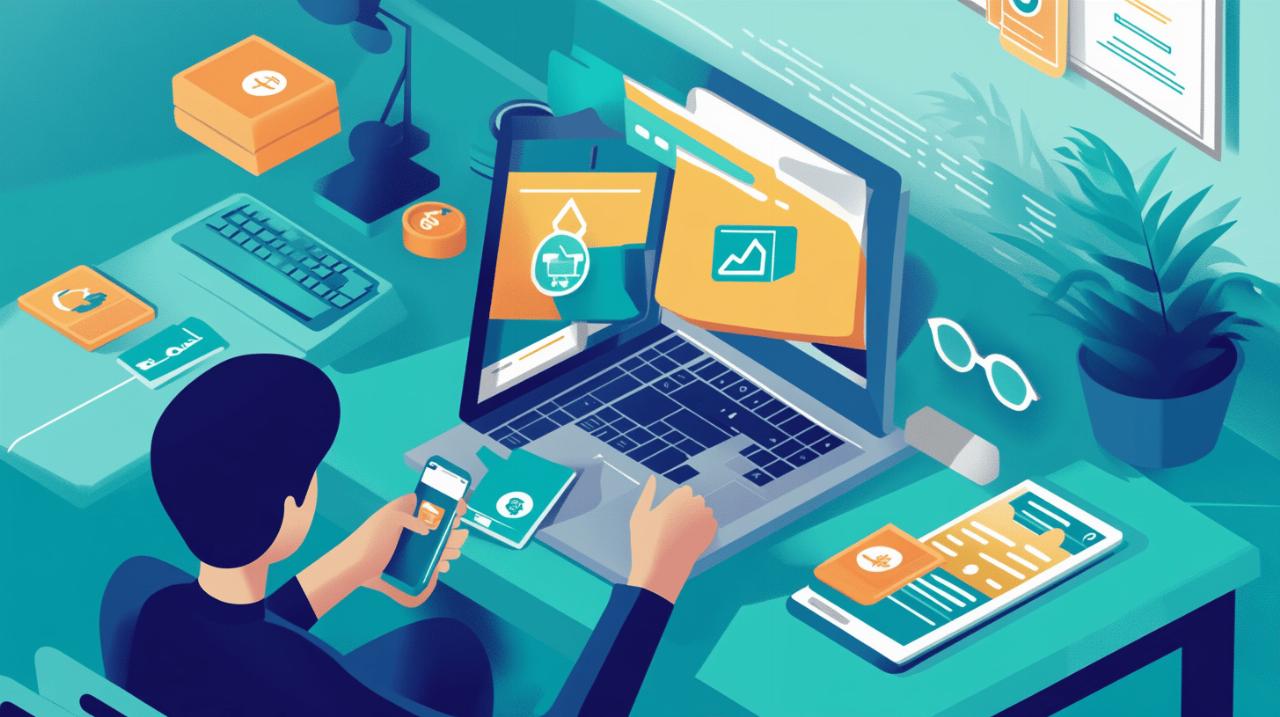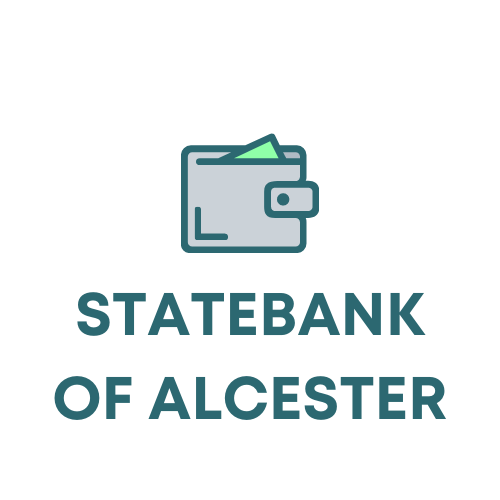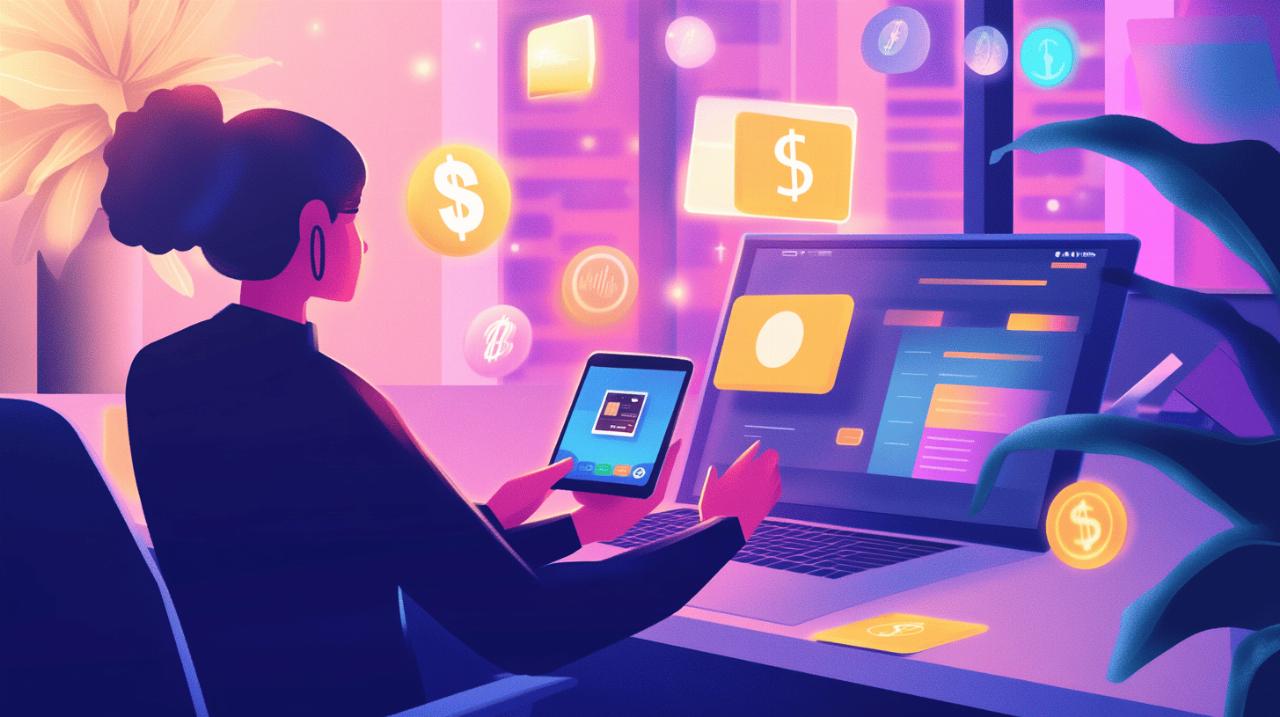Navigating the world of online payments can feel daunting when you don't have access to traditional banking cards. Whether you're new to digital finance or simply prefer alternative methods, the good news is that setting up a PayPal account without a VISA or MasterCard is entirely possible. This payment platform, founded in 1999 and headquartered at 2211 N 1st St. San Jose, CA 95131, has evolved into one of the most trusted fintech solutions for sending money, receiving money, shopping, and managing money across the globe. With options tailored for both personal use and business use, PayPal accommodates a wide range of users, from solopreneurs to enterprises, making it an essential tool in the digital payments landscape.
Getting started: creating your paypal account without traditional cards
The initial registration process: what you'll actually need
Setting up your PayPal account is straightforward and requires only a handful of basic details. When you begin the account registration process, you'll be asked to provide your first and last name, address, phone number, and email address. You'll also need to create a secure password and answer two security questions to protect your account. These elements form the foundation of your personal account, ensuring that PayPal can verify your identity and keep your transactions safe. The beauty of this process is that at no point during the initial setup are you forced to provide debit cards or credit card information. This flexibility allows individuals without access to conventional banking cards to join the platform and start exploring the world of digital payments.
Navigating the account setup without card details
Once you've entered your basic information, the system may prompt you to link a payment method. This is where many people assume they must add a VISA or MasterCard to proceed. However, PayPal offers alternative pathways. You can choose to skip this step temporarily or explore other options such as linking a bank account directly. If you don't have a bank account either, there's no need to panic. The platform allows you to operate with a balance that you can top up through various means, including receiving payments from others or using pre-paid solutions. The key is understanding that while adding cards and banks can enhance your account's functionality, it's not an absolute requirement to get started. This approach makes PayPal accessible to a broader audience, including those who prefer not to engage with traditional financial institutions.
Alternative payment methods: your options beyond bank cards
Using pre-paid cards and top-up solutions
Pre-paid cards represent one of the most popular alternatives for those without traditional bank cards. These cards can often be purchased at retailers and loaded with funds, which you can then use to add money to your PayPal balance. While pre-paid cards function similarly to debit cards, they don't require a bank account, making them an excellent option for individuals seeking financial independence or privacy. Another method involves receiving money directly into your PayPal account from friends, family, or customers. Once funds are in your account, you can use them for shopping, sending money to others, or even making donations. This approach transforms your PayPal account into a self-contained digital wallet, reducing your reliance on external banking infrastructure. For those interested in buy now pay later plans or cryptocurrency, having a balance in your account opens up additional opportunities within the platform's ecosystem.
Linking alternative banking solutions to your paypal account
Beyond pre-paid cards, there are other innovative financial services that can bridge the gap between traditional banking and digital payments. Some fintech companies offer virtual accounts or digital banking solutions that can be linked to PayPal without requiring a physical card. These services often provide account numbers that PayPal recognizes, allowing you to verify your account and expand its capabilities. Working capital loans and business loans offered through PayPal's financial services are typically accessible once you've established a credible transaction history, even if you started without traditional cards. For those running small businesses or working as solopreneurs, exploring these payment solutions can unlock features like online checkout, invoicing, and rewards programs that enhance your business operations. The landscape of digital finance is constantly evolving, and staying informed about the latest tools and resources for developers and advertisers can help you maximize your PayPal experience.
Understanding account limitations and verification options
What You Can and Cannot Do Without a Linked Card
 Operating a PayPal account without a linked card does come with certain restrictions. Your primary limitation will be in sending money, as the platform typically requires a verified payment source to initiate transfers. However, receiving money, donating, and making purchases using your existing balance are all perfectly viable. This makes your account ideal for freelancers or individuals who primarily receive payments rather than send them. Shopping through PayPal-enabled retailers remains accessible, provided you maintain sufficient funds in your account. The platform's security measures ensure that even without traditional banking connections, your transactions remain protected. Understanding these boundaries helps you set realistic expectations and plan your financial activities accordingly. Many users find that these limitations are minor compared to the convenience and accessibility that PayPal provides, especially when traditional banking options are unavailable or undesirable.
Operating a PayPal account without a linked card does come with certain restrictions. Your primary limitation will be in sending money, as the platform typically requires a verified payment source to initiate transfers. However, receiving money, donating, and making purchases using your existing balance are all perfectly viable. This makes your account ideal for freelancers or individuals who primarily receive payments rather than send them. Shopping through PayPal-enabled retailers remains accessible, provided you maintain sufficient funds in your account. The platform's security measures ensure that even without traditional banking connections, your transactions remain protected. Understanding these boundaries helps you set realistic expectations and plan your financial activities accordingly. Many users find that these limitations are minor compared to the convenience and accessibility that PayPal provides, especially when traditional banking options are unavailable or undesirable.
Building up your account credibility over time
As you use your PayPal account, you'll naturally build up a transaction history that enhances your credibility on the platform. This history can eventually open doors to additional features and services, even if you never add a traditional card. Consistent use for personal use activities like shopping, receiving payments, or managing money demonstrates to PayPal that you're a legitimate user. Over time, this credibility may grant you access to higher transaction limits, savings and goals features, or eligibility for financial services. For those using PayPal for business use, establishing a strong track record can lead to opportunities for growth, including access to payment solutions tailored for enterprises or specialized tools for small businesses. The platform rewards responsible use, and building this trust doesn't necessarily require linking conventional debit cards or credit cards.
Managing your card-free paypal account: practical tips
Receiving and spending funds without traditional banking
The key to successfully managing a PayPal account without cards lies in maintaining a healthy balance and understanding the flow of funds. When someone sends you money, those funds immediately become available for spending, allowing you to make purchases or transfer money to others. This creates a self-sustaining cycle where your account functions independently of traditional banking infrastructure. For those interested in cryptocurrency or other advanced financial services, having funds readily available in your PayPal account can facilitate quick transactions without the delays associated with bank transfers. Planning your spending and ensuring you have sufficient balance before making purchases will help you avoid any interruptions. Additionally, exploring rewards programs and buy now pay later options can stretch your funds further and provide flexibility in managing your finances.
Staying within paypal's terms and conditions
Adhering to PayPal's terms and conditions is crucial for maintaining your account in good standing, especially when operating without traditional verification methods. Familiarizing yourself with the platform's policies on account registration, security, and acceptable use will help you avoid complications. PayPal's guidelines are designed to protect both users and the platform, ensuring that money transfer services remain safe and reliable. If you encounter any questions or uncertainties about what's permissible with your account setup, reaching out to PayPal's support team can provide clarity. They can offer information on acceptable top-up methods, verification alternatives, and ways to gradually expand your account's capabilities. Staying informed about updates to the platform's policies ensures that you continue to benefit from PayPal's services without interruption. As the fintech landscape continues to evolve, remaining compliant and proactive in managing your account will serve you well in the long term.


